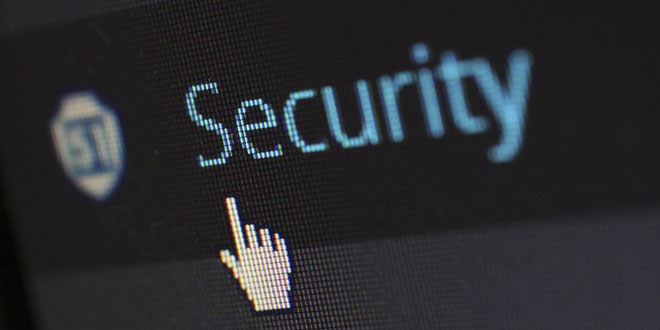Church denounces malicious emails claiming to be from Catholic sources – they are not
MALICIOUS emails have been sent to random recipients claiming to be from Catholic parishes, dioceses and other Church organisations – they were not.
The Australian Catholic Bishops Conference released a statement denouncing the emails and their contents.
Their contents mention one or more of the following – Cardinal George Pell, the complainant in his criminal trial, COVID-19 and most recently the upcoming Eden-Monaro byelection.
“The content in the small number of emails that have been forwarded to us is offensive, unChristian and, in some cases, defamatory,” ACBC general secretary Sacred Heart Father Stephen Hackett said.
“The views expressed in the emails we have seen do not in any way reflect the views of the Catholic Church, nor the organisations that are purported to have sent them.”
Information technology experts said the technique being used is call “spoofing”.
This means that the attackers have created fake email addresses using legitimate or seemingly legitimate domain names that mimic those of Catholic organisations.
“This has been described as the equivalent of someone sending a letter in the post that is ‘signed’ in someone else’s name and contains a fake return address,” Fr Hackett said.
“Just as a letter of that kind would be hard to spot as fraudulent, some of the email addresses used appear to be legitimate and many people have contacted various Catholic organisations after receiving the messages.”
Organisations that were known to have been attacked have taken steps that could limit the sending and receipt of these emails, but those measures have limited effectiveness and rely partly on the spam and junk email settings of the recipients.
“There is no evidence to suggest that databases nor servers have been compromised, which is supported by the fact that some of the people who have contacted us have no connection with the Catholic Church,” Fr Hackett said.
“It is deeply regrettable that a number of people are being maligned in these emails, which seem designed to attack Cardinal Pell, Witness J, the Catholic Church and now even politicians.”
Fr Hackett said media reports have described an increase in the amount of devious online behaviour during the COVID-19 pandemic.
The Australian Cyber Security Centre released information about the rising cyber threats against people working from home about online frauds and phishing campaigns.
An ACSC report said since March 2020, widespread COVID-19 themed email and SMS cyber-attack campaigns have seen monetary losses of up to $130,000.
But in the case of the malicious emails against the Church, no money or security data was being stolen.
“We have been told that because these emails aren’t seeking money or seeking to access people’s personal details, they don’t meet the threshold for criminal investigation,” Fr Hacket said.
“We, nevertheless, see this behaviour as harmful and criminal.”
It is always important to be vigilant when using Internet messaging services.
Always check and verify email addresses that have sent you information or that ask you to click on a website link.
The warning signs can be subtle.
!function(f,b,e,v,n,t,s)
{if(f.fbq)return;n=f.fbq=function(){n.callMethod?
n.callMethod.apply(n,arguments):n.queue.push(arguments)};
if(!f._fbq)f._fbq=n;n.push=n;n.loaded=!0;n.version='2.0';
n.queue=[];t=b.createElement(e);t.async=!0;
t.src=v;s=b.getElementsByTagName(e)[0];
s.parentNode.insertBefore(t,s)}(window, document,'script',
'https://connect.facebook.net/en_US/fbevents.js');
fbq('init', '390883435195971');
fbq('track', 'PageView');








Gloss